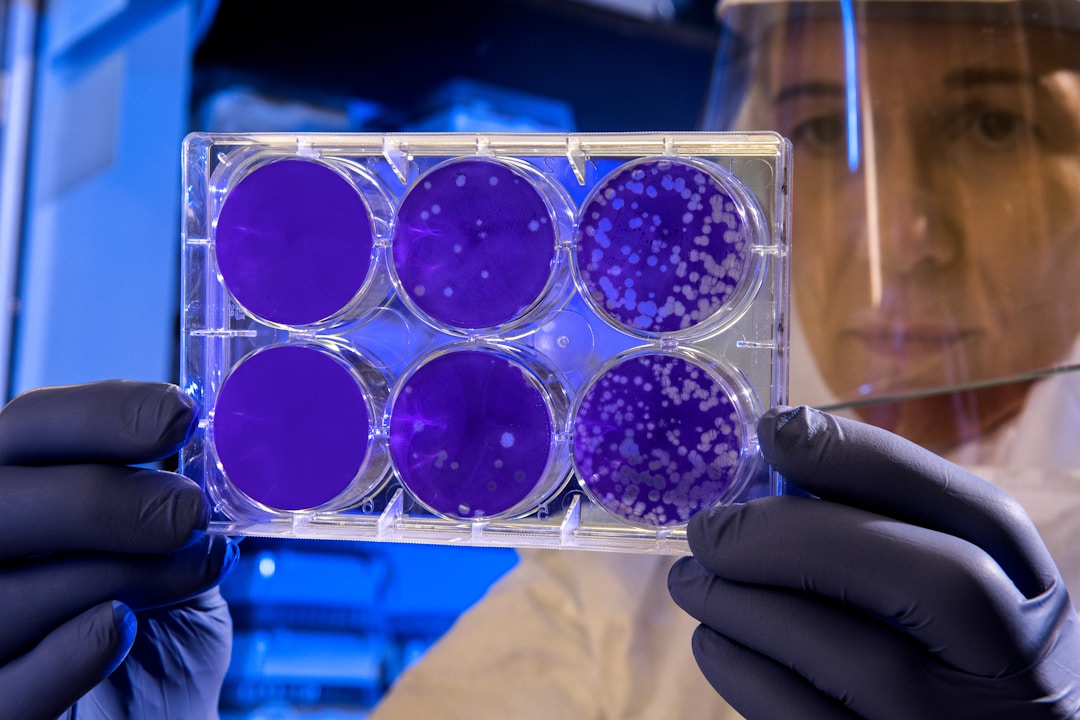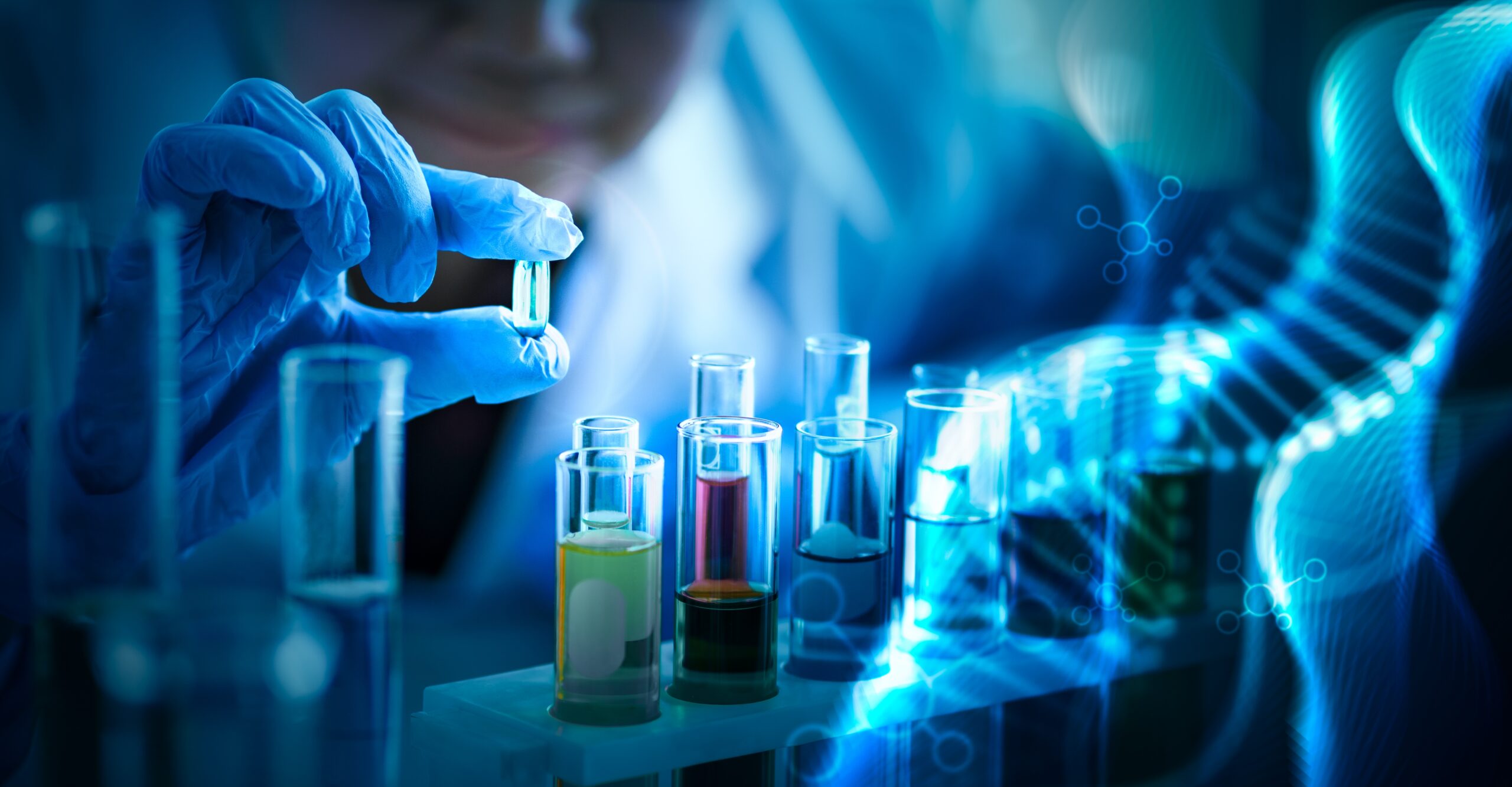Nicotinamide adenine dinucleotide (NAD) is a critical element in various cellular activities. It performs several vital roles in our body and functions as a coenzyme in many chemical reactions. A good understanding of nicotinamide adenine dinucleotide and its roles could contribute significantly to the development of new therapeutic agents for various health issues. In this article, we will explore the fundamentals of nicotinamide adenine dinucleotide, examine its essential functions, and discuss how supplementation can benefit our health.
The Building Blocks of Nicotinamide Adenine Dinucleotide
Before diving into the importance of nicotinamide adenine dinucleotide in our body, it is essential to understand its basic structure. Nicotinamide adenine dinucleotide is a molecule made up of two nucleotides: adenine and nicotinamide. These two nucleotides are connected through their phosphate groups, resulting in a nucleotide dimer. The molecule’s active site is the nicotinamide group, which is responsible for accepting and donating electrons during various chemical reactions.
There are two primary forms: NAD+ (the oxidized form) and NADH (the reduced form). NAD+ is an essential electron receptor in many biochemical reactions, while NADH carries electrons to be transported to other processes within the cell. Their interconversion plays a critical role in energy production and maintaining overall cellular health.
The primary source of NAD+ in our body comes from the synthesis of tryptophan and nicotinamide, which can be found in various foods such as vegetables, fruits, and meat. As we age, however, the levels of NAD+ decline, and this decrease is linked to aging and age-related diseases, making it a prime target for research and development of health supplements. The efforts to enhance NAD+ levels have led to the development of supplement products which you can learn more about www.NAD.com.
Essential Functions of NAD in the Body

NAD provides essential support for numerous processes in our body. Firstly, it plays a central part in energy production. It acts as a coenzyme during the process of cellular respiration, assisting in the conversion of nutrients into energy. As NADH transports electrons to the electron transport chain within the mitochondria, it contributes to the generation of ATP, the primary energy currency for our cells.
Another vital role of nicotinamide adenine dinucleotide is in DNA repair and gene regulation. It serves as a cofactor for a class of enzymes called sirtuins, which regulate critical cellular processes like DNA repair, apoptosis, and inflammation. By impacting gene expression, nicotinamide adenine dinucleotide influences various aspects of our health, including aging, metabolism, and overall cellular health.
Finally, nicotinamide adenine dinucleotide aids in maintaining overall cellular health through the process of autophagy. Autophagy is a fundamental mechanism for the degradation and recycling of damaged cellular components. NAD-dependent enzymes such as SIRT1 and SIRT3 play crucial roles in the regulation of autophagy, ensuring that damaged cells are removed and fresh, functional cells are regenerated for optimal body function.
NAD Supplementation and Its Benefits
Supplementing nicotinamide adenine dinucleotide has gained significant attention in recent years due to its potential to improve overall health and combat age-related issues. Specific compounds captured this interest, such as nicotinamide mononucleotide (NMN) and nicotinamide riboside (NR). These compounds are NAD+ precursors and can be transformed into NAD+ in the body, restoring reduced NAD+ levels associated with aging.
Research has shown that supplementation can provide numerous benefits, including enhanced energy levels, improved cognitive function, and extended lifespans in experimental models. Several studies have also reported that supplementation can improve muscle function, metabolism, and overall physical performance, suggesting its potential to promote healthy aging.
Although supplementation appears to be promising, more research is needed to comprehend its long-term safety, efficacy, and optimal dosages for different populations. However, the current evidence highlights the importance of maintaining healthy levels for overall health and well-being.
The Future of NAD Research and Therapy

The increasing understanding of NAD’s vital roles in our body has opened up new research avenues and potential therapeutic applications. Scientists are now studying different aspects of nicotinamide adenine dinucleotide metabolism and homeostasis, aiming to identify novel targets for the prevention and treatment of various age-related diseases.
One particular area of interest involves the use of NAD-boosting therapies for neurological disorders such as Alzheimer’s and Parkinson’s disease. As studies have suggested that nicotinamide adenine dinucleotide depletion is associated with neurodegeneration, elevating levels in the brain could potentially slow down or even reverse cognitive decline.
Another promising application of NAD-enhancing strategies is in the field of cancer treatment. Some studies have shown that NAD depletion can lead to the death of cancer cells, making it a potential therapeutic target for developing innovative cancer treatments. Overall, the future of nicotinamide adenine dinucleotide research holds immense potential, and continuous progress will undoubtedly reveal new insights into this fascinating molecule and its impact on our health and well-being.
In conclusion, nicotinamide adenine dinucleotide is an essential molecule that plays critical roles in various aspects of our health, ranging from energy production to gene regulation. Understanding the importance of nicotinamide adenine dinucleotide and the benefits of supplementation can help pave the way for innovative therapies and interventions to promote longevity, well-being, and the prevention of age-related diseases.
